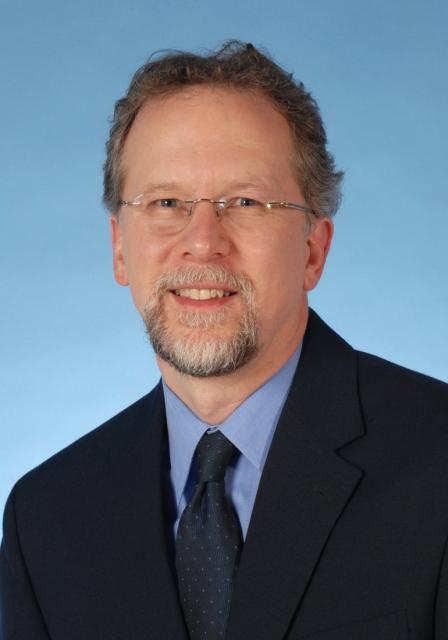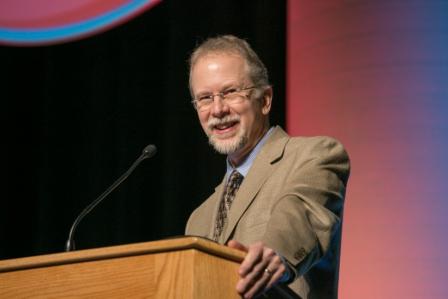Meet EPA's Dan Nelson
As the Director of the Human Research Protocol Office at the National Health and Environmental Effect Research Laboratory, Dan works to protect the rights and welfare of EPA’s research participants.  EPA's Dan Nelson
EPA's Dan Nelson
Tell us about your background.
I grew up in Iowa and attended a small liberal arts college where I majored in biology and psychology. This was my first experience doing hands-on research with professors. I went to graduate school in Illinois, first in wildlife ecology and then finishing in medical physiology. I spent the first 14 years of my career in gastroenterology research at Mayo Clinic in Minnesota and at the University of Rochester in New York, along with a fellowship doing human studies in Germany. My move to University of North Carolina, Chapel Hill in 1998 represented a fulltime commitment to research ethics. I spent 16 years there overseeing the ethical and regulatory aspects of several thousand human studies before joining EPA in 2014. I still do research, but now it tends to be research on research ethics—studying things like informed consent, conflicts of interest, and responsible use of genetic information.
How does your science matter?
We make sure that the rights and welfare of our research participants are protected. The research conducted in our labs is critical in assessing how environmental pollutants affect human health. Any research that involves human subjects must undergo independent review of ethical and regulatory issues. That’s what my office oversees. There is a very high level of scientific and personal integrity among EPA researchers, who are truly working for the greater good. But history has taught us that we are never in a good position to look critically at our own work and anticipate pitfalls—that’s just human nature. So we work collaboratively with researchers to maximize what we learn and at the same time protect our research participants’ rights and safety.
What do you like most about the research that you oversee?
One thing that has impressed me since joining the EPA is how everything we do is mission driven. The academic institutions where I worked for 30 years certainly had missions, but they were very broadly defined (“creating knowledge”) and driven by individual interests and funding opportunities. It has been interesting and stimulating to see how focused EPA scientists are on very concrete questions relating to public health and the environment.
If you could have dinner with any scientist, past or present, who would you choose and what would you ask him/her?
I would choose Ivan Pavlov. He was a Russian psychologist and physiologist who made important contributions in two very different areas, both of which I have worked in (although I didn’t have the same impact!). Most people have heard of Pavlovian conditioning in psychology, which taught us a lot about behavioral responses. But people may not realize that he actually discovered that by accident when he was studying the physiology of the digestive system, which is what won him the Nobel Prize in 1904. I would ask Pavlov if he really rang bells to get dogs to salivate during his famous experiments, because that appears to be an urban myth.

When did you first know you wanted to be a scientist?
I knew I wanted to be a scientist at a very early age. I recently found an essay I wrote in fifth grade, projecting my future career as a nuclear physicist. Of course, I was also a fighter pilot in the same essay.
If you weren’t a scientist, what would you be doing?
I like to design and build and create things, so I would probably be an architect or a chef or a winemaker.
What advice would you give students interested in a career in science?
One: find something you are passionate about that captures your imagination, because it’s not always going to be easy. Two: find a good mentor. I was fortunate to have some great mentors along the way, and they weren’t always formal designations. And three: don’t be handcuffed by other’s expectations for your career path.
What do you think the coolest scientific discovery was and why?
I don’t know if it counts as a single discovery, but it’s hard to ignore the transformation that computers and the internet have brought to our world, in a short period of time. Social media on those computers… not so much.
What do you think is our biggest scientific challenge in the next 20/50/100 years?
I’d say it will be dealing with climate change, which makes the work of EPA that much more important.
If you could have any superpower, what would you choose?
I hate waiting in traffic and the time it takes to travel, so teleportation would be great. If that can’t be arranged, I would settle for the ability to fly.
